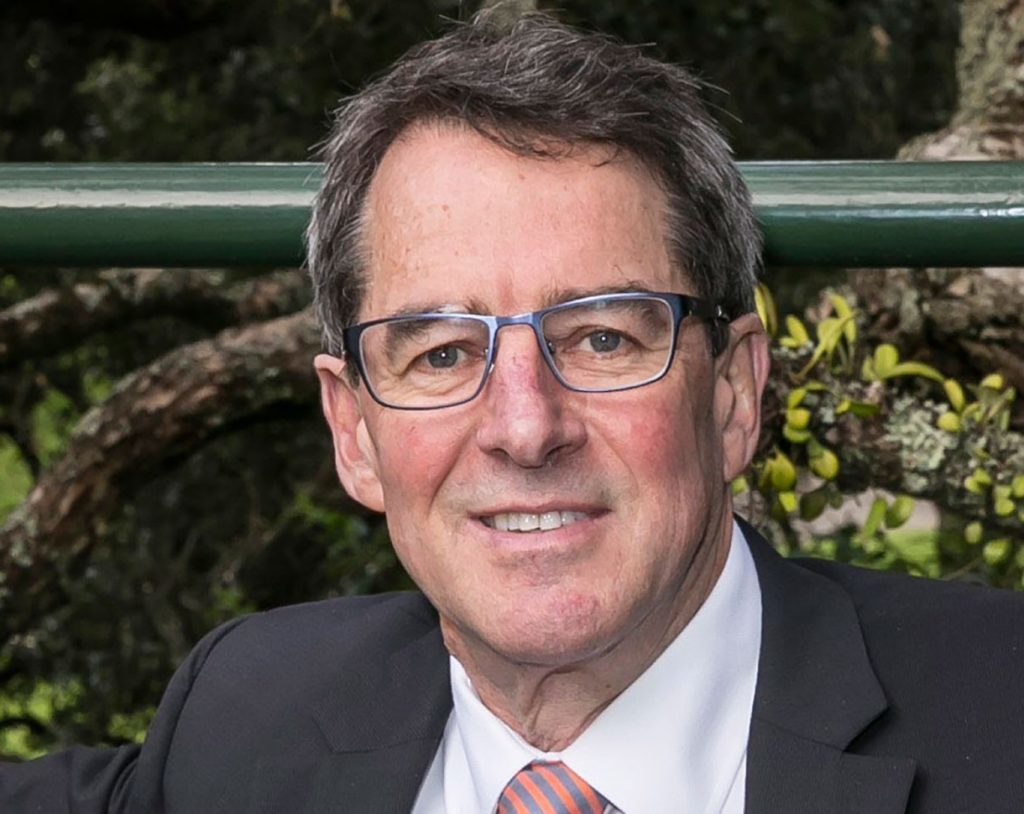Guest lecture on Material Demand for Energy – Friday Sept 20 @12.15
This Friday, Professor James Metson, University of Auckland, NZ, is visiting Bergen and our department. He will deliver a guest lecture on Materials Demands for Mobility, Energy and Infrastructures for the cities of 2050.
The lecture takes place in Tripletten (3069), at 12.15-13 on Friday September 20. Claim your seat!
 In addition to several high-profile rôles including deputy vice chancellor for research and science adviser to the NZ government, Dr. Metson is a PI at MacDiarmid Institute for Advanced Materials and Nanotechnology. His field of expertise is surface chemistry and material science, and he holds a particular interest in the processing and behavior of aluminium oxide. His wider research interests include:
In addition to several high-profile rôles including deputy vice chancellor for research and science adviser to the NZ government, Dr. Metson is a PI at MacDiarmid Institute for Advanced Materials and Nanotechnology. His field of expertise is surface chemistry and material science, and he holds a particular interest in the processing and behavior of aluminium oxide. His wider research interests include:- Metal oxides, hydroxides and nitrides in catalysis, semiconductor materials, absorbents and refractories
- Synchrotron radiation and applications in surface and materials science.
- Alumina microstructure and the impacts of alumina properties in aluminium reduction technology.
Abstract of the talk: The constraints of materials availability, supply line security and social licence demand a change of thinking in how we assess the optimal solutions for the cities of the future. Materials with high embodied energies or challenging supply lines are only viable if they are readily recycled at low energy cost. This favours the top of the periodic table and survivors such as aluminium and steel whereas most plastics and even Portland cement become increasingly challenging.